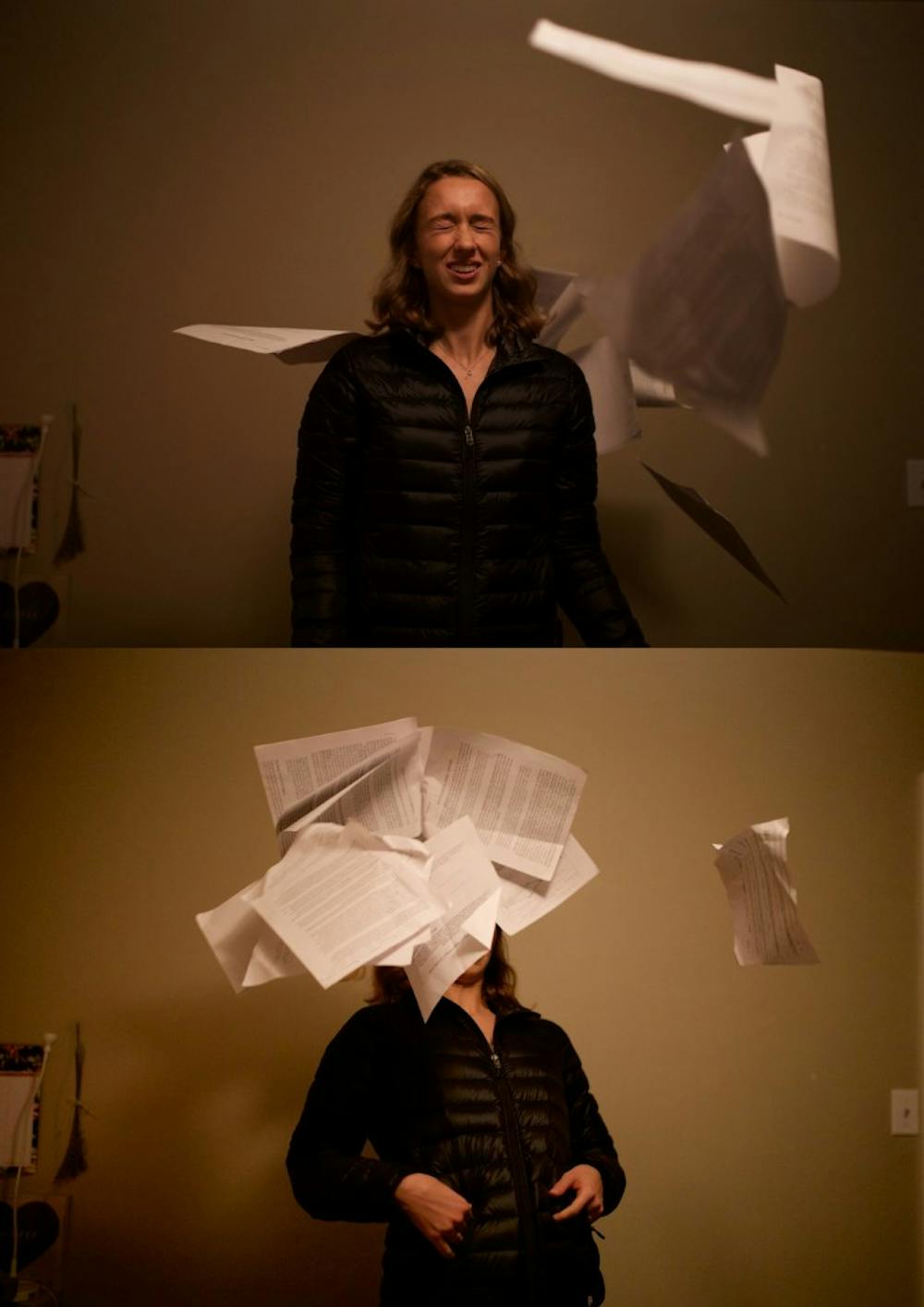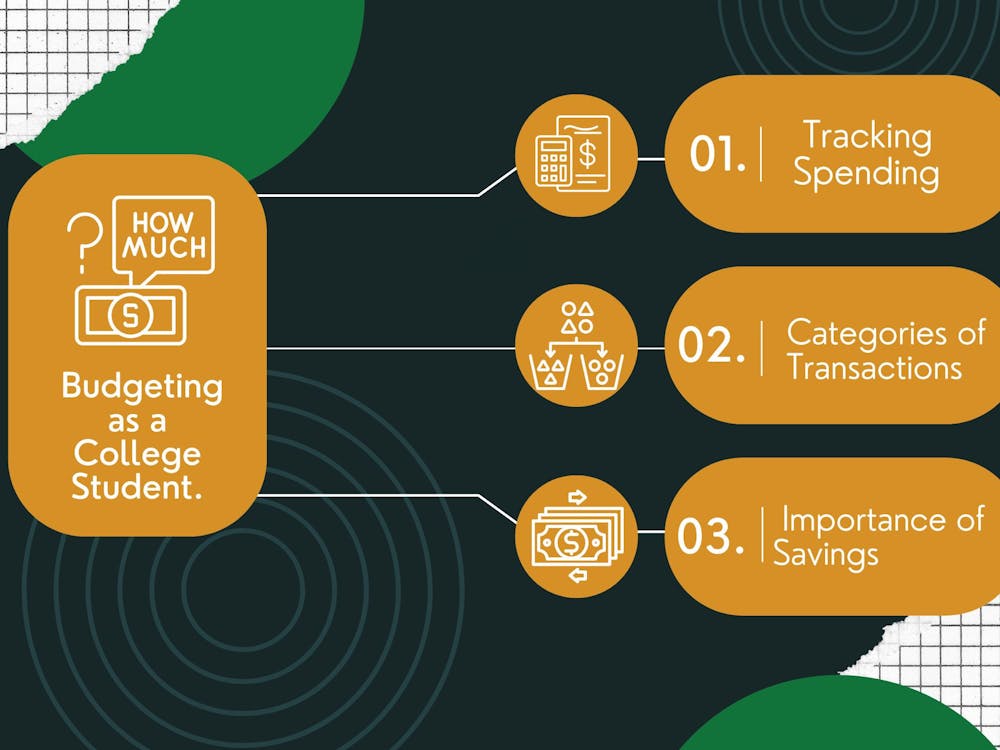Midterms and fall break are over, but you’re not feeling relaxed after that week-long vacation. Instead, you’re thinking about building a time machine to go back and redo that disappointing midterms week.
If your midterms did not go as planned, and you’re not sure about the steps to take to improve your declining grades, don’t fret. There are studying strategies, test-taking

As a student, you have many resources, and one of the best is your professors. It can be daunting to talk to a professor at first. Brenda Greiner, director of the Shepard Academic Resource Center, suggests going to office hours with a friend to ease those feelings.
“The (professors) are the experts in this discipline. They know the components students will struggle with the most,” Greiner said.
Other students in
The University of Portland also offers students a wealth of resources in the Shepard Academic Resource Center (SARC), located in Buckley Center 101. While SARC generally advises first-year students, students considering a change in major and first-generation college students, it is also available to any student who would like academic support. If you are considering withdrawing from a class, the SARC can also assist you in making that decision.
The Learning Commons in Buckley Center 163 has peer tutors for classes in the College of Arts and Sciences, the School of Nursing and the School of Business. The SARC website also has many online resources for students. All of the Shepard Academic Resource Center and Learning Commons’ resources are paid for by tuition.
“Your tutors are fellow students, which is really nice because they’ve been in your shoes and in the class,” said senior Caitlin Varquez, this year’s Orientation Assistant Coordinator.
University of Portland’s Learning Assistance Counselor Br. Tom
Giumenta can help students integrate strategies into their schedule that enable them to manage their time more efficiently. He said he wants to help students achieve academic success with no all-nighters, stress, pressure or sleeplessness.
“(I want students to say) ‘I feel good because not only am I learning, I’m balanced, I have time for everything I want and I feel like I’ve accomplished something without stress,’
Greiner believes every midterm should be considered feedback, not
Varquez also says that students shouldn’t neglect their health when trying to raise their grades.
“We stress out so much that we think we can forgo self-care,” said Varquez. “(We think) ‘Oh, I really need to study, oh, I can’t work out right now because this is more important.’ But in fact, that hinders you even more because then...you can’t focus as well or you’re even more stressed.”








